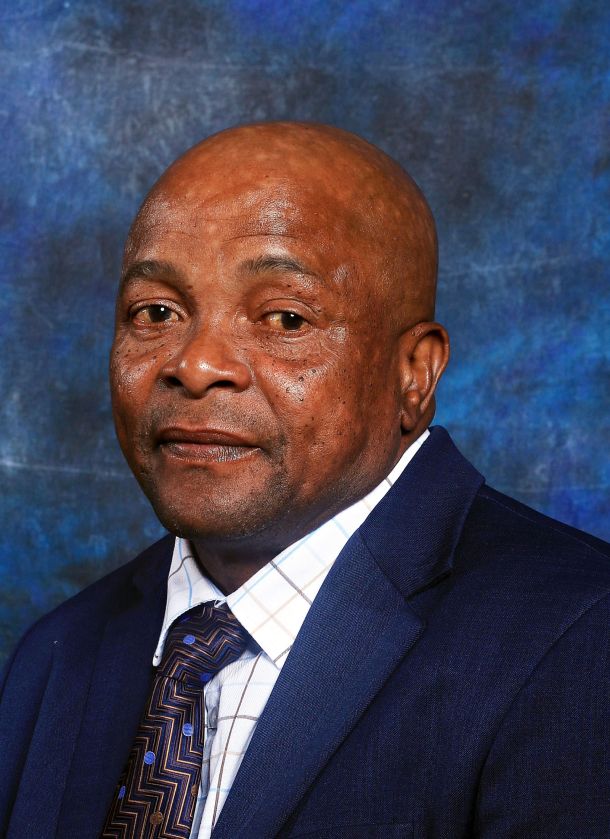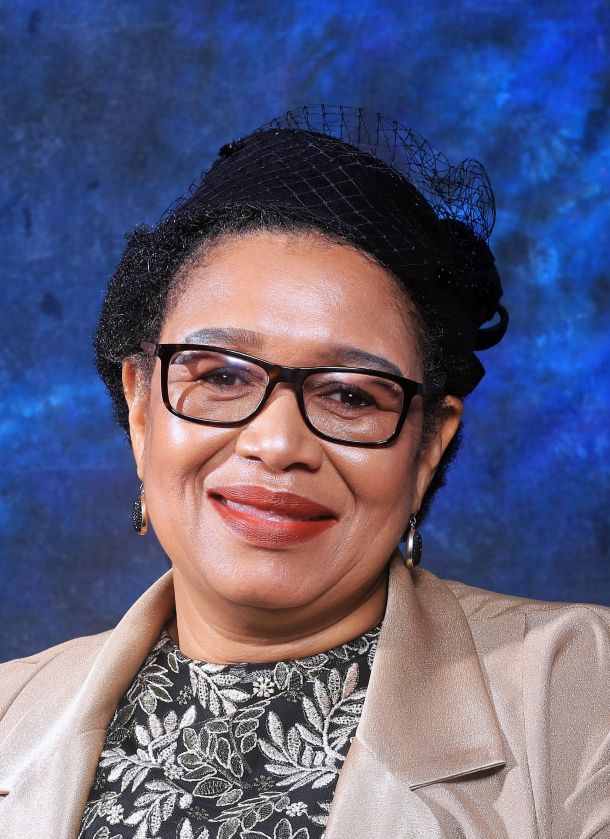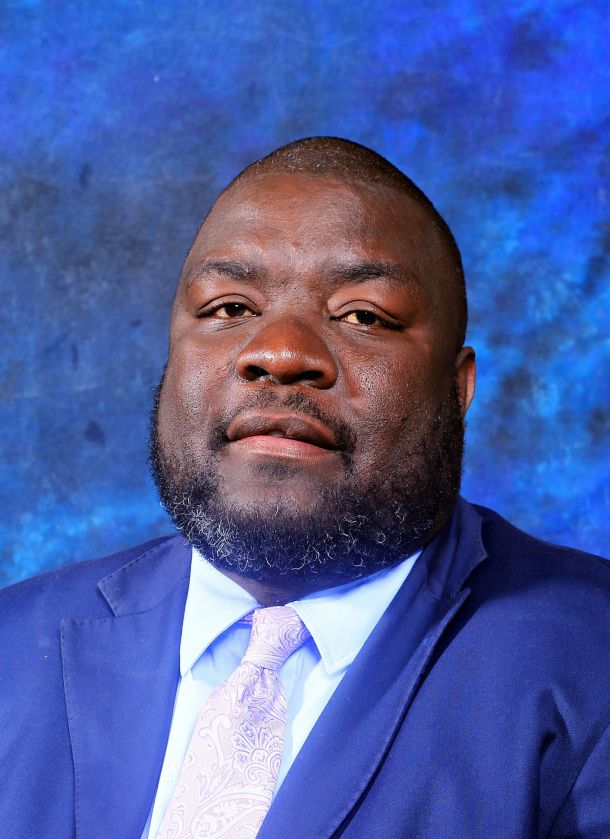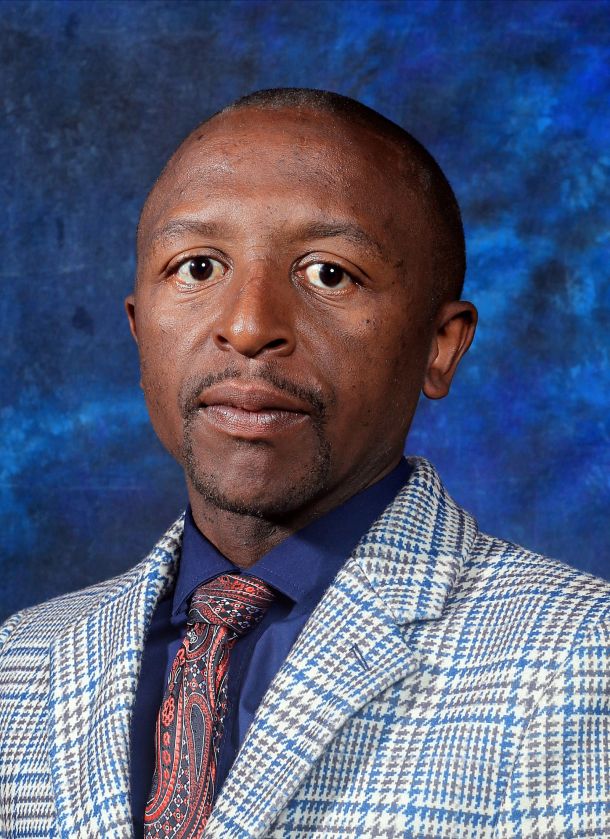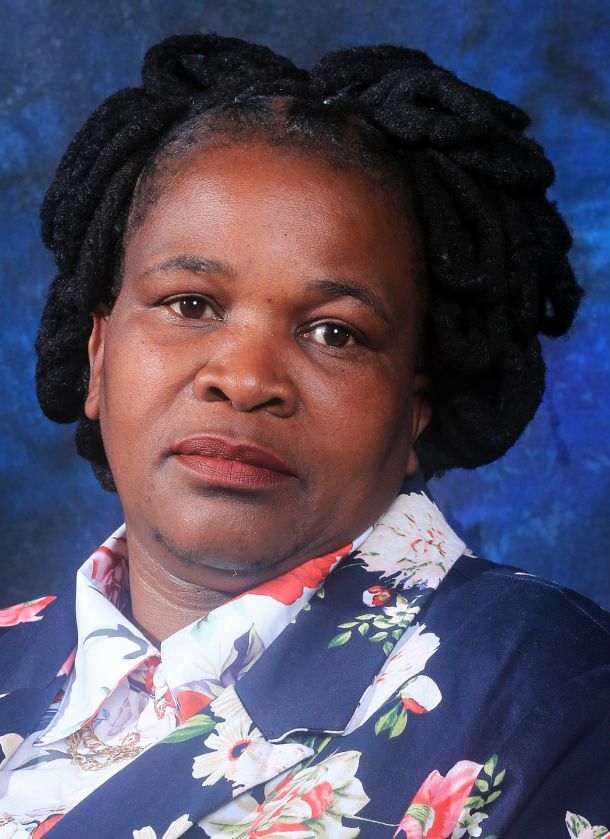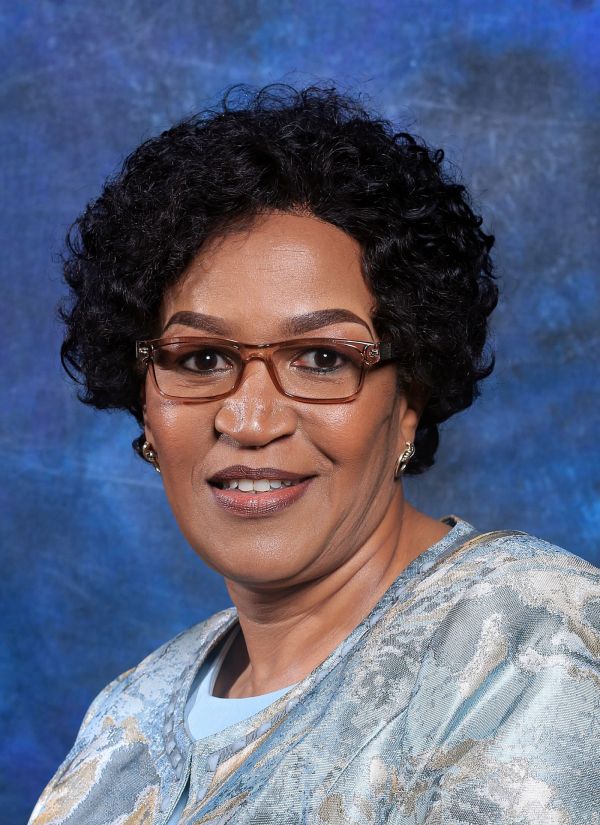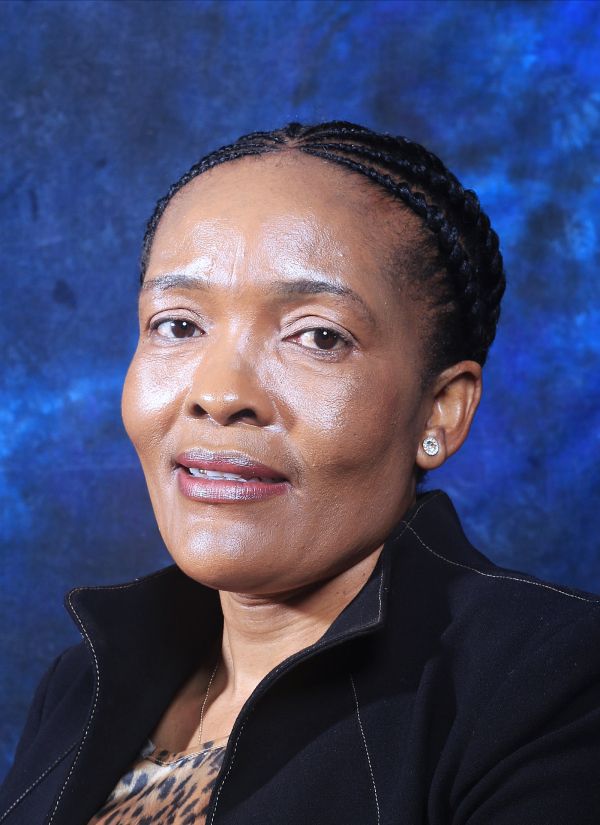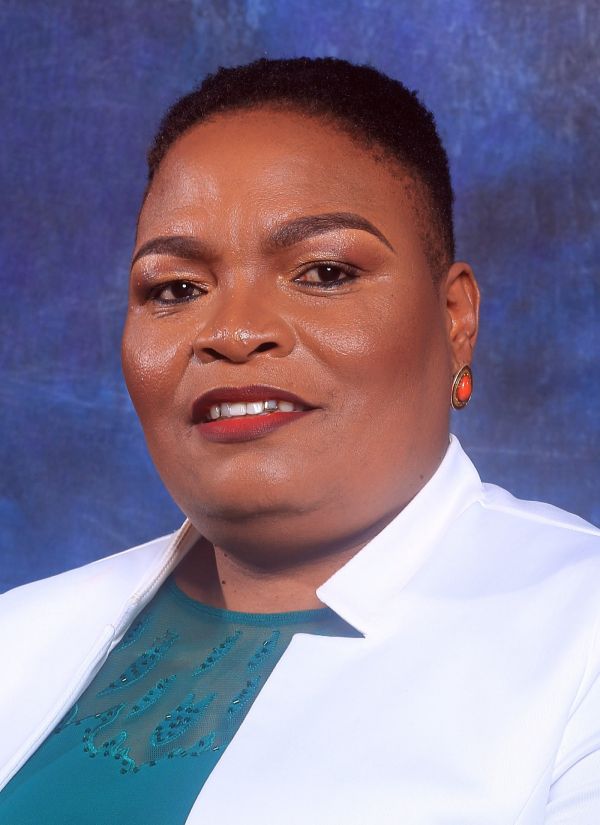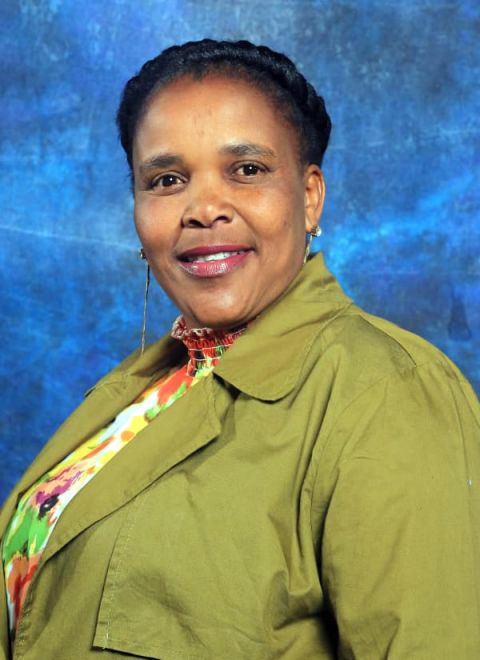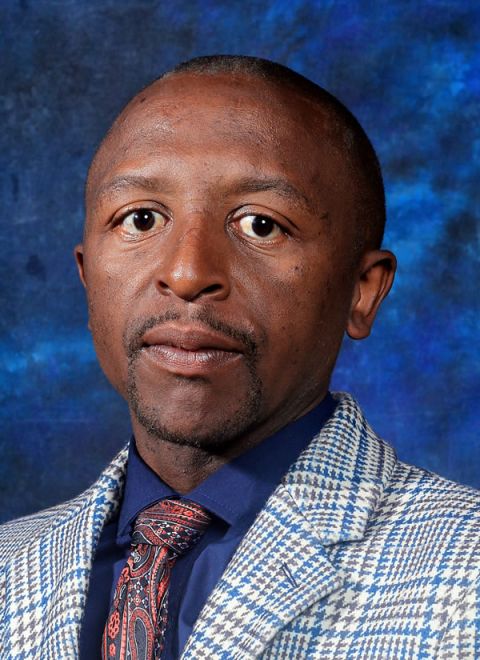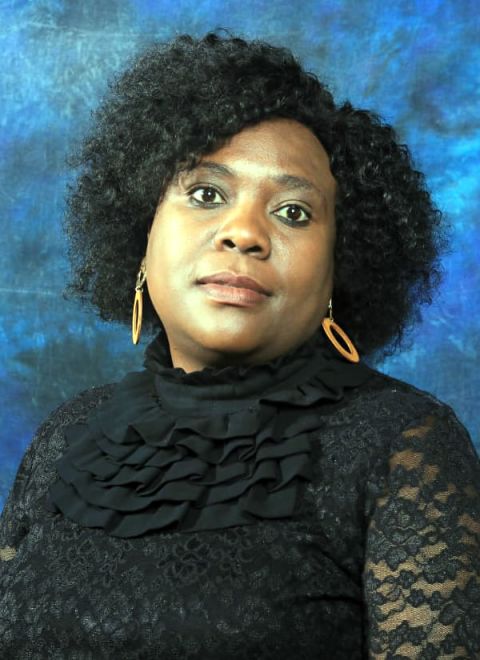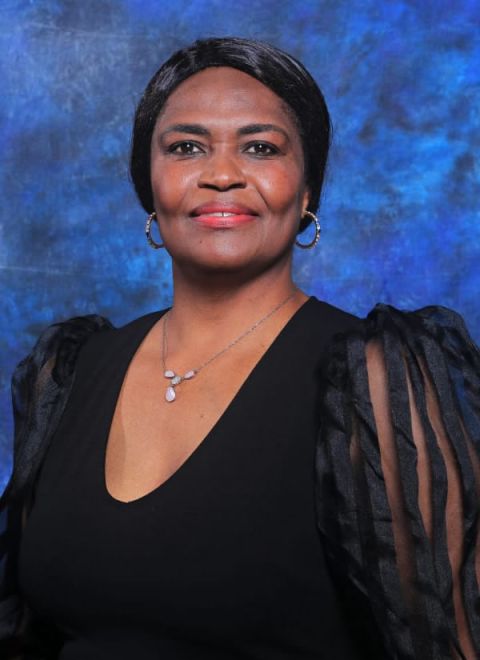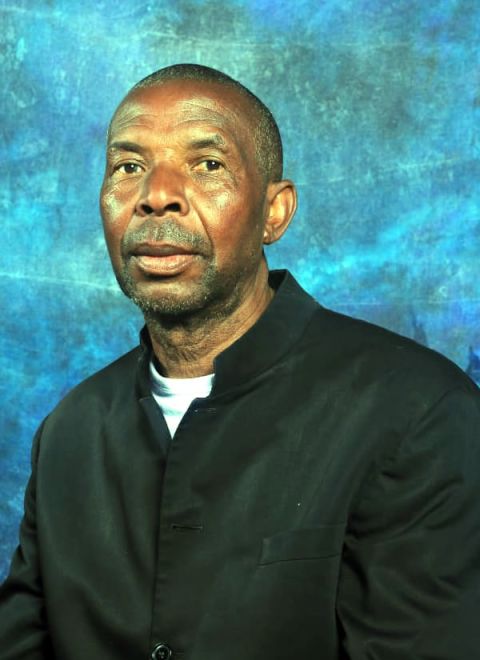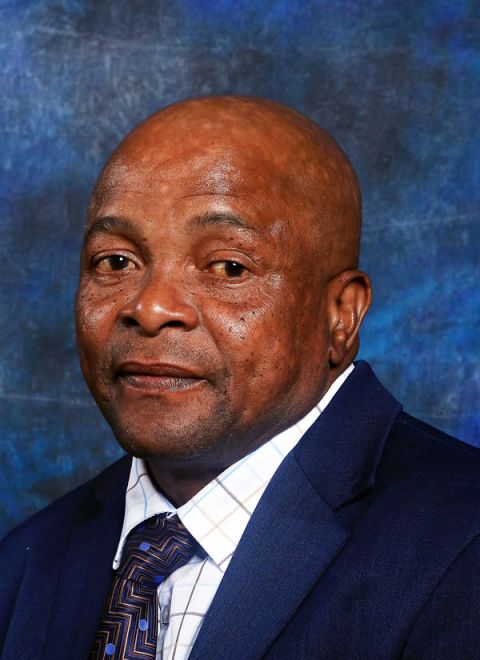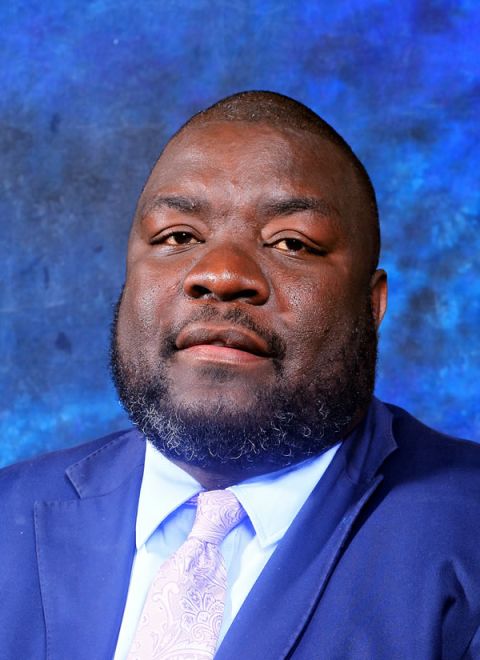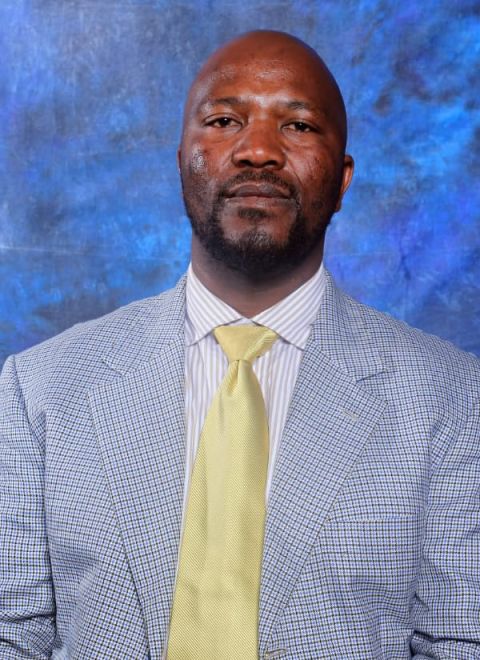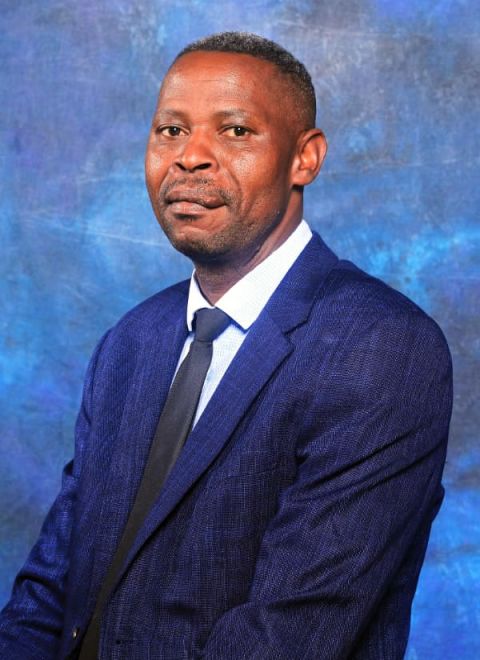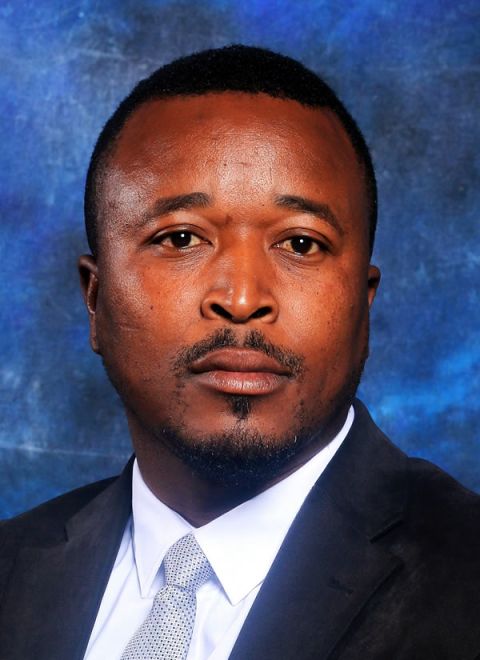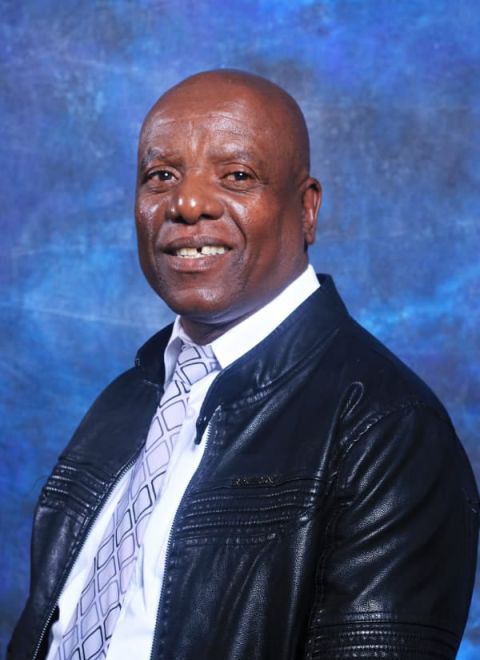Council

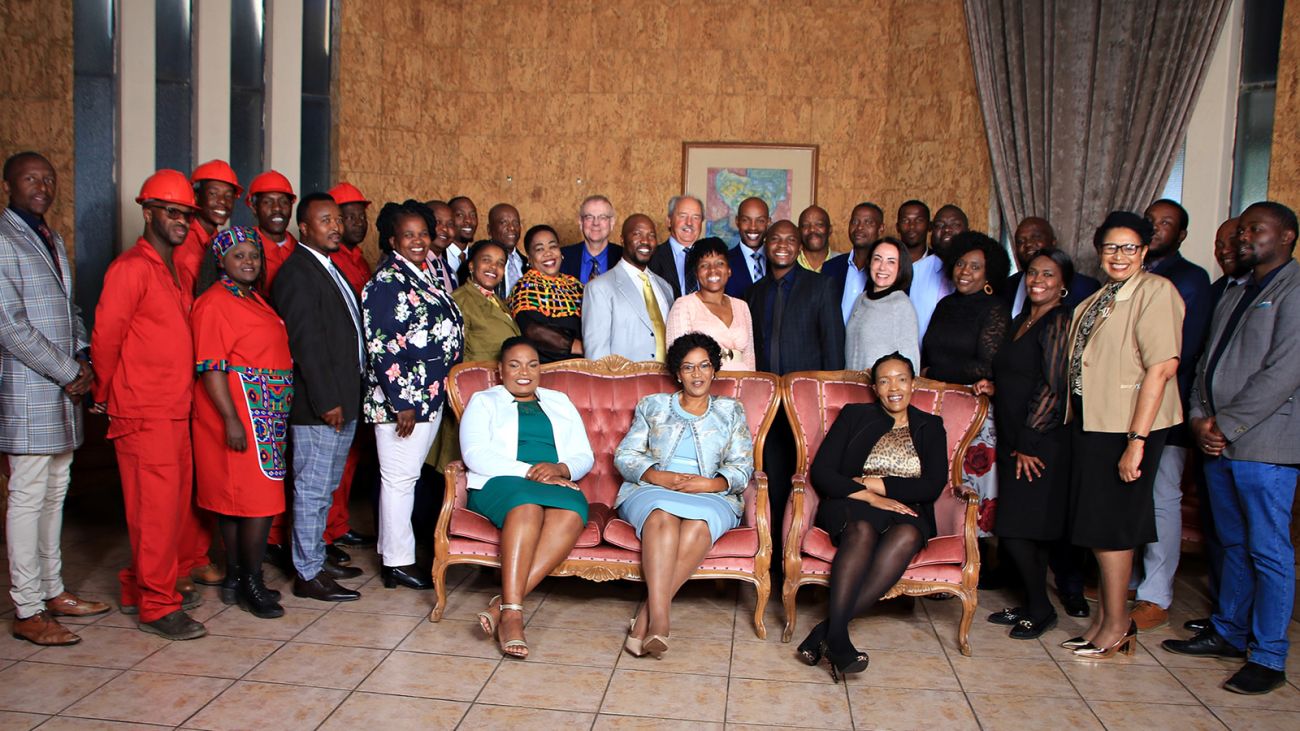
Mayoral Comittee
Role of the Executive Mayor
-
The Executive Mayor in performing the duties of office, must;
– identify and develop criteria in terms of which progress in the implementation of the strategies, programmes and services ref can be evaluated, including key performance indicators which are specific to the municipality and common to local government in general;
– evaluate progress against the key performance indicators;
– review the performance of the municipality in order to improve-
- the economy, efficiency and effectiveness of the municipality;
- the efficiency of credit control and revenue and debt collection services; and
- the implementation of the municipality's by-laws;
– monitor the management of the municipality's administration
– oversee the provision of services to communities in the municipality in a sustainable manner;
– annually report on the involvement of communities and community organisations in the affairs of the municipality; and ensure that regard is given to public views and report on the effect of consultation on the decisions of the council
-
The Executive Mayor must;
- identify the needs of the municipality and review and evaluate those needs in order of priority;
- recommend to the municipal council strategies, programmes and services to address priority needs through the IDP, and the estimates of revenue and expenditure;
- recommend or determine the best way, including partnership and other approaches, to deliver those strategies, programmes and services to the maximum benefit of the community.
-
Financial Duties;
- Section 52 – 59 of the Local Government: Municipal Finance Management Act, 2003 spells out the responsibilities of Mayors regarding the financial and fiscal affairs of a municipality:
- Identification of financial problems
- Political head of the municipality:
-
Other Mayoral Responsibilities;
- To promote the council’s image;
- To promote and defend the constitutional status of the municipality;
- To uphold the principles of cooperate governance;
- To promote inter-governmental and inter-institutional relations;
- To ensure in consultation with the Municipal Manager that a proper committee service responsible for agendas and minutes is in place for the Mayoral committee;
- To take responsibility for the quality and speed of decision – making.
- Ceremonial functions as determined by the municipal council
Role of the Speaker
-
preside at council meetings
-
perform the duties and exercises the powers delegated to the speaker in terms of section 59 of the Local Government: Municipal Systems Act, 2000;
-
must ensure that the council meets at least quarterly
-
must maintain order during meetings
-
must ensure compliance in the council and council committees with the Code of Conduct
-
must ensure that council meetings are conducted in accordance with the rules and orders of the council.
-
must ensure that the legislative authority of the municipality functions effectively
-
is responsible for the effective oversight over the executive authority of the municipality
-
must ensure the effectiveness of the committees of the municipal council established in terms of section 79
Role of the Whip of Council
-
liaises with the different political parties to ensure representation in council and council committees
-
maintains sound relations between the various political parties
-
informs the whips of all parties on important matters on the council agenda
-
assists the speaker to count votes in the council meeting
-
facilitates the interaction between the executive and legislative oversight structures in the municipality
-
resolves disputes between the speaker, mayor or executive mayor, or members of the mayoral committee
